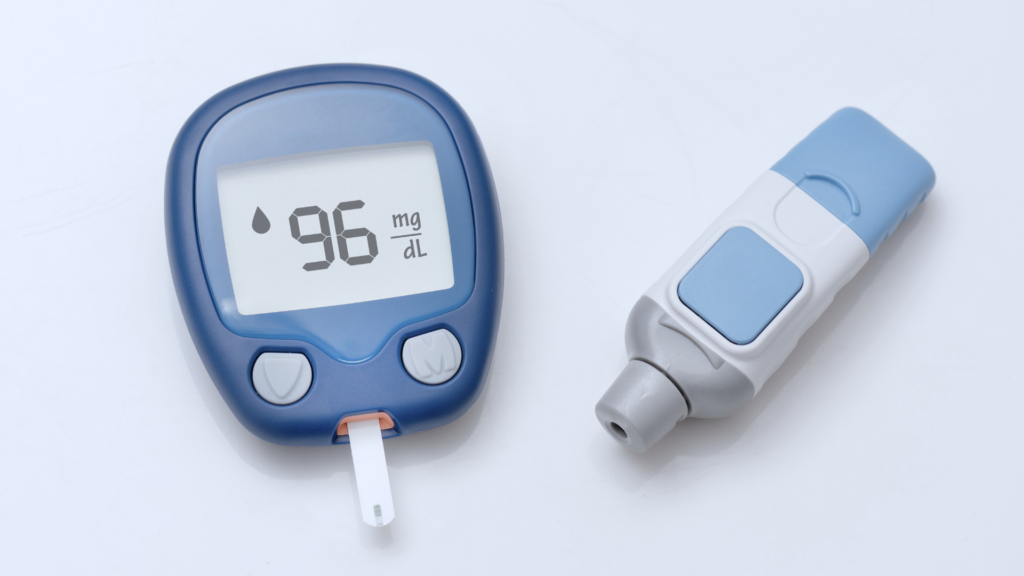Many people are well-informed about the basics of maintaining stable blood sugar levels, such as eating a balanced diet and staying active. However, there are some less obvious habits that can unexpectedly disrupt your blood sugar control. Here are some key behaviors to watch out for if you want to keep your glucose levels in check:
Avoid Eating Carbohydrates Alone

When you eat carbs by themselves, they are quickly broken down into sugar, which enters your bloodstream rapidly and causes a spike in blood sugar levels. To prevent these spikes, pair carbs with proteins, fats, or fiber. These not only slow down the absorption of sugar but also keep you feeling full and satisfied longer.
Don’t Eat When You’re Stressed

Stress can cause your body to release more of the hormone cortisol, which in turn signals your liver to increase sugar in your blood for extra energy to deal with the stressor. If you eat when stressed, this can lead to even higher blood sugar levels. Try to manage your stress through techniques like deep breathing or walking, and eat when you feel calmer.
Skip the Morning Coffee on an Empty Stomach

Drinking coffee can stimulate the production of adrenaline, which signals your body to release sugar into the bloodstream. If you drink it on an empty stomach, this effect is more pronounced. Try eating a balanced breakfast before your coffee, or choose a lower-caffeine drink to start your day.
Avoid Late Night Meals

Eating too close to bedtime means your body will be digesting while you sleep, which can lead to spikes and drops in blood sugar that disrupt your sleep. Try to have your last meal a few hours before bed, giving your body enough time to process the food before turning in.
Get Adequate Sleep

Lack of sleep can make your body less effective at using insulin, which can lead to higher blood sugar levels the following day. Make sure you’re getting 7-9 hours of quality sleep per night to help maintain good blood sugar control.
Keeping your blood sugar levels stable requires attention to these subtle yet impactful habits.
You can significantly improve your blood sugar regulation over time by making small adjustments to your daily routines.
Book a Call today to start your journey to a more vital and healthier you!







